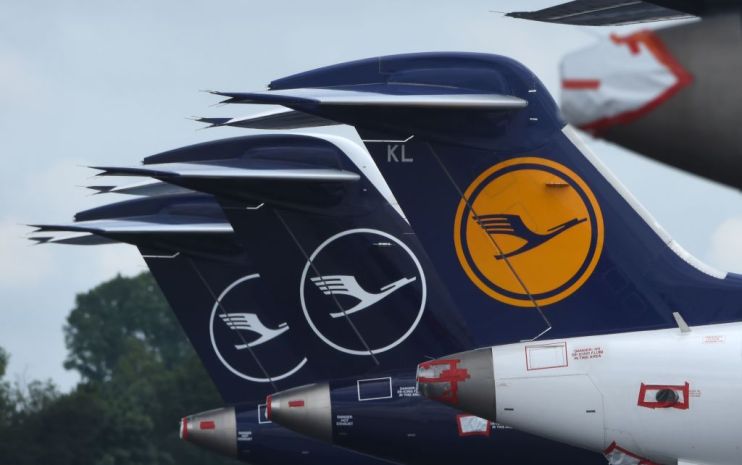EU airlines’ shares tumble following airspace closure

The shares of major European airlines have taken a tumble following the EU’s decision to close its airspace to Russia.
Legacy carriers have registered a slump, with British Airways’ owner IAG going down 4.19 per cent, while German carrier Lufthansa registered a 4.76 per cent fall.
Share of aviation colossus Air France-KLM went down 2.30 today but the most impacted was Helsinki-based airline Finnair who sank 20.63 per cent as it no longer will be able to connect Europe and Asia after Russia closed its airspace in retaliation.
According to Francesco Ragni, aviation professor at Buckinghamshire New University, the move will make flying between Europe and Asia more expensive and difficult.
“This will harm mostly carriers like KLM, Lufthansa or Finnair that fly a lot of routes to Asia and are geographically positioned near Russia. Some routes will simply become impossible or unfeasible to fly,” he told City A.M.
“This might benefit players like Turkish Airlines or the gulf carriers. They are better positioned to avoid the Russian air space and might actually capture some of their traffic.”
Long-haul carriers were not the only ones to see a slump, as Easyjet’s shares went down 4.73 per cent while Ryanair and Wizz Air fell 3.95 and 6.21 per cent respectively.
After the European Commission decided to close its airspace to Russian aircraft, the Kremlin today decided to retaliate banning 36 countries from its skies, the 27 EU members and allies such as the UK and Canada.
Moscow’s decision has already had a big impact on routes and leasing deals.
Countries like Kazakhstan saw a huge increase in the number of planes flying in its airspace, while aircraft leasing giants such as AerCap and BOC Aviation agreed to stop leasing to Russian airlines, which represent respectively 5 and 4.5 per cent of the companies’ deals, City A.M. reported.
Susannah Streeter, Hargreaves Lansdown’s senior investment and market analyst, believes that longer-term issues will include higher fuel costs.
“Longer term, it’s higher fuel costs that are likely to weigh on the sector once the immediate headache of re-routing flights is eased,” she said. “The fear is that prices will head up much higher if Russia retaliates to sanctions and weaponises oil, sharply limiting supplies to Europe.”